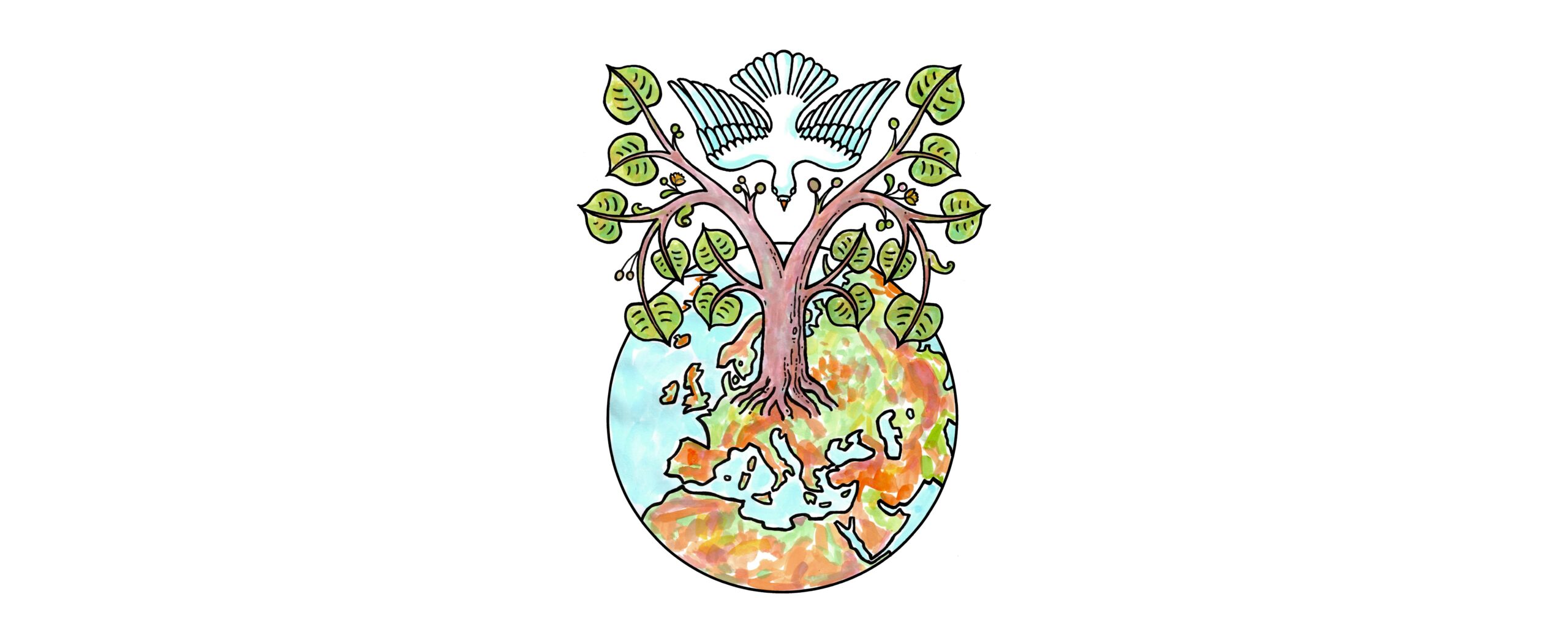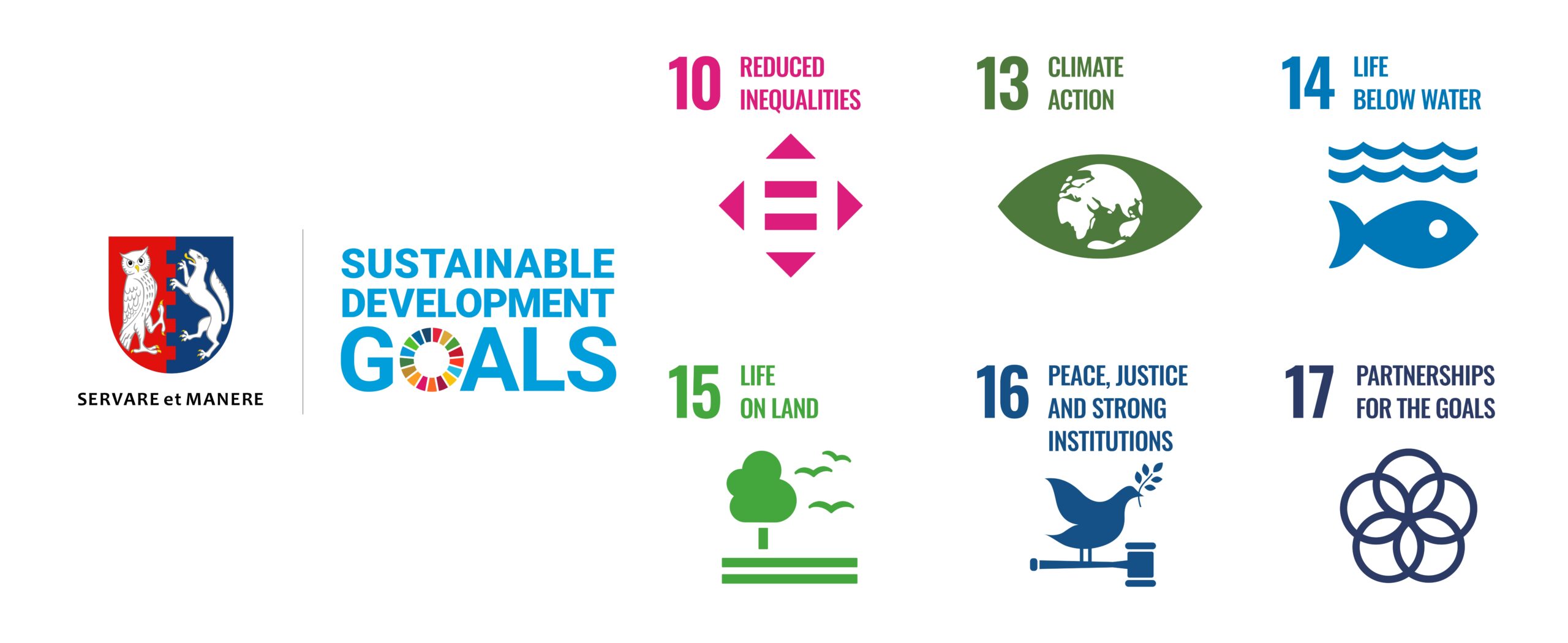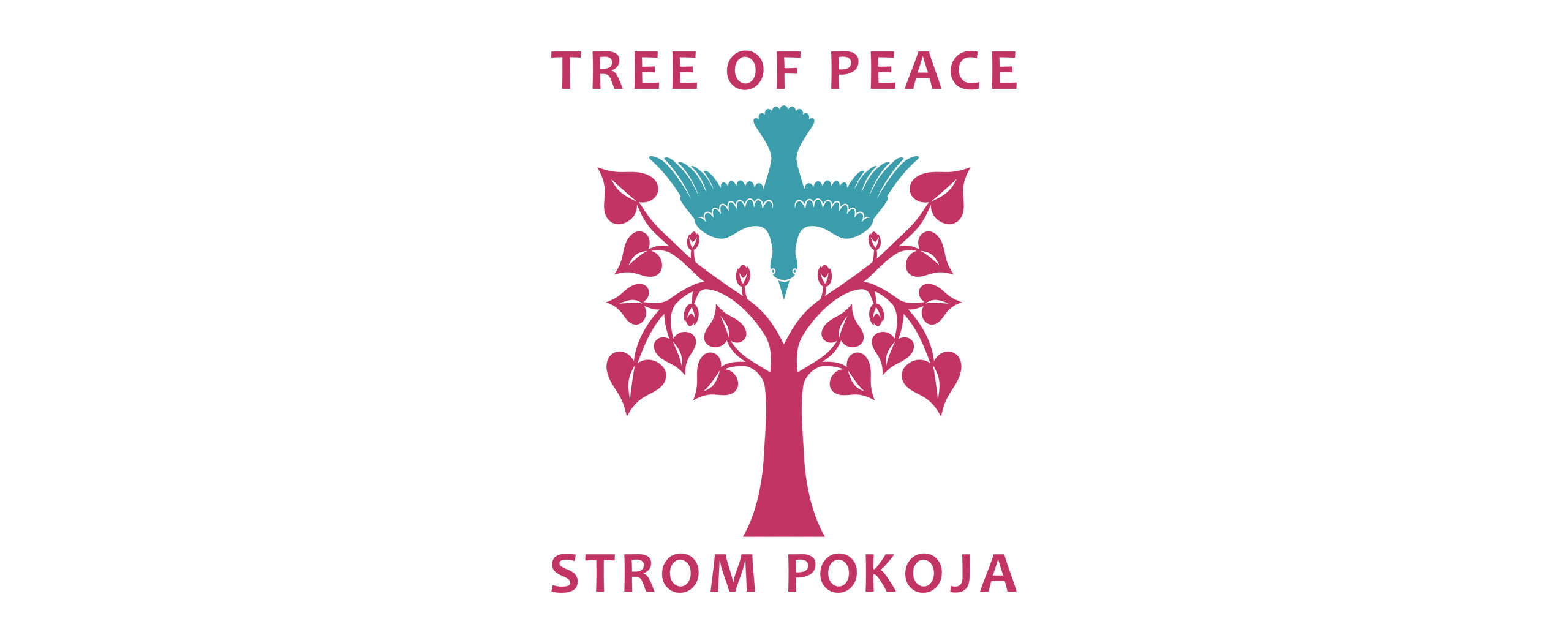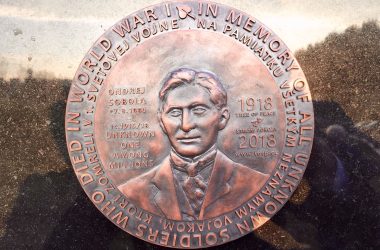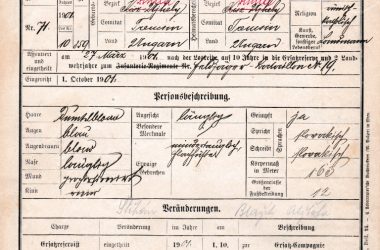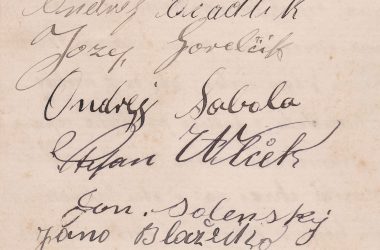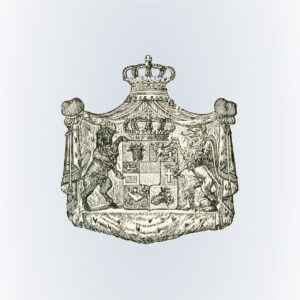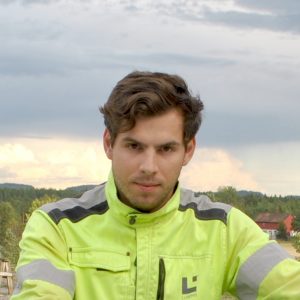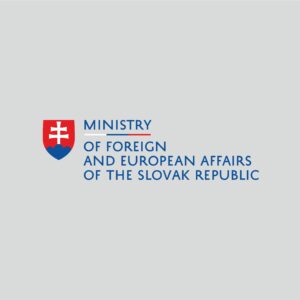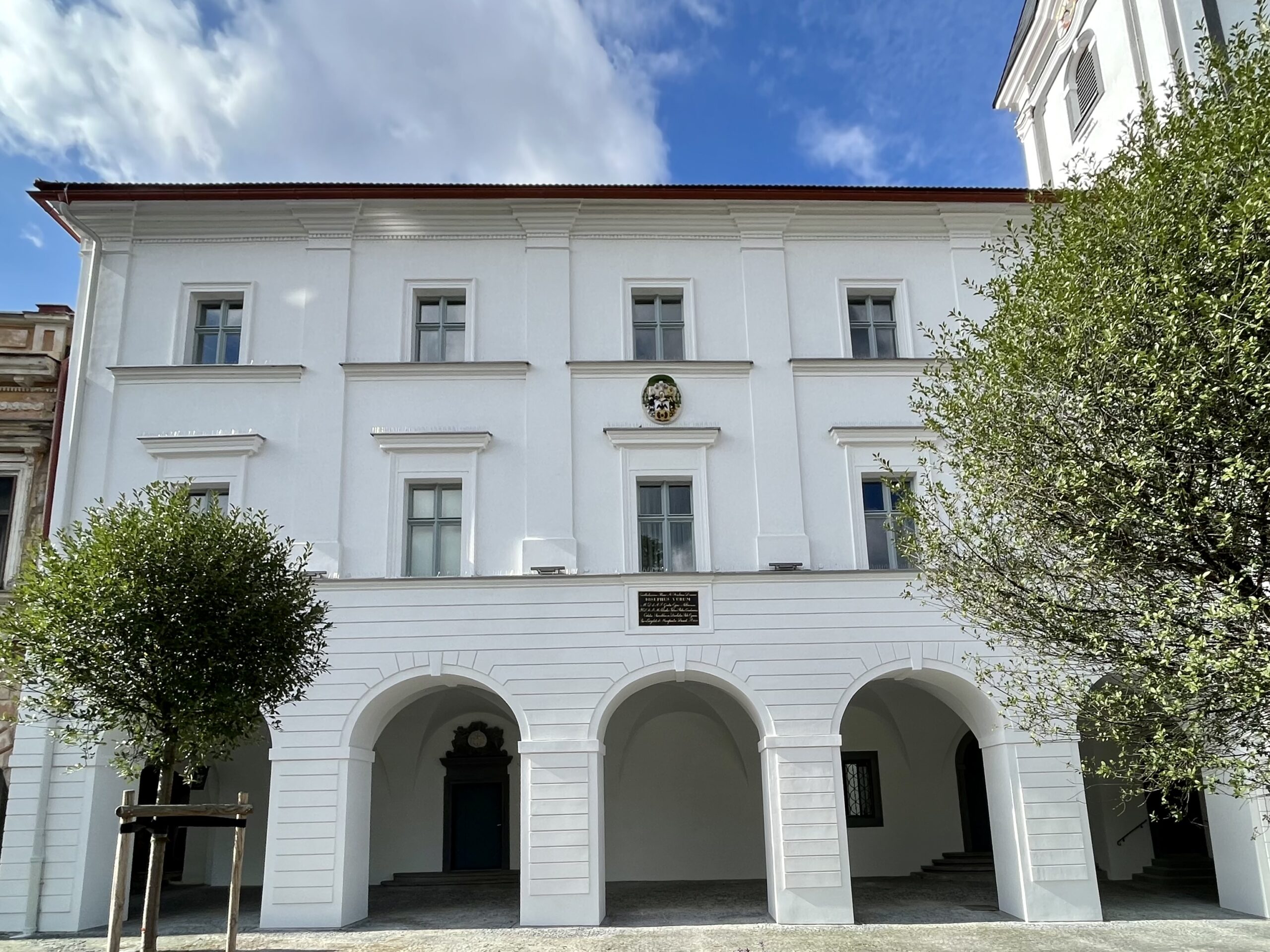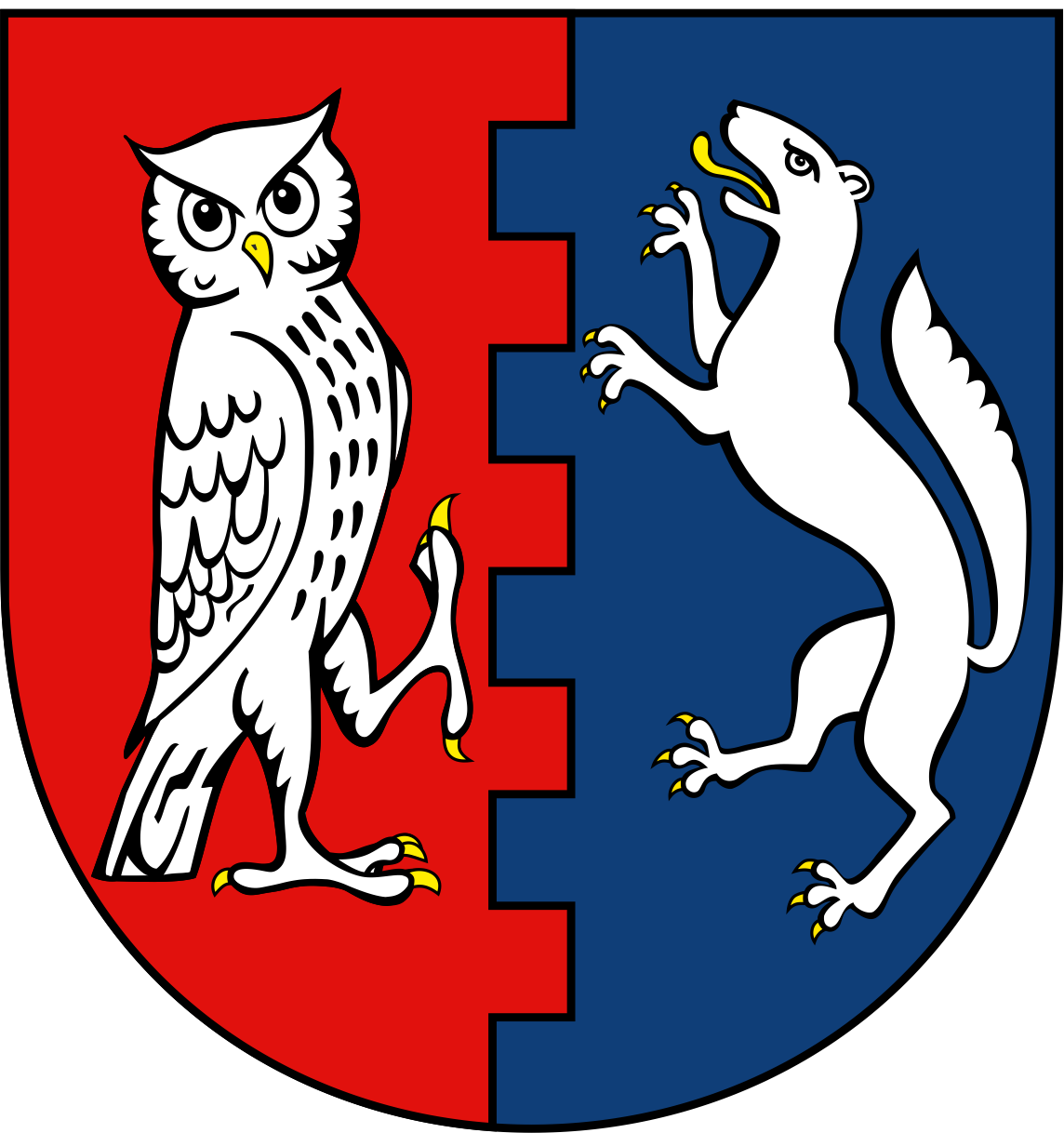Mr. Antony McCallum is a British professional photographer. With his high-quality work, he selflessly documents events connected with the preservation of the memory of Czechoslovak war veterans. He is a devoted Friend of Peace and a great supporter of Servare et Manere.
About initiative
Who are we?
Servare et Manere (acronym SeM) is a non-governmental organization based in Žilina, Slovakia, European Union founded in 2010 for the purpose of promoting cultural and historical monuments and heritage in Slovakia, including their restoration and reconstruction. Since 2018, after the creation of the international Tree of Peace initiative, the main task of Servare et Manere is the support of activities related to the development of peace and friendship at the international level. During its history, the association has been involved in several transnational projects and is also involved in book publishing activities. In the summer of 2022, Servare et Manere was granted Special Consultative Status within the Economic and Social Council of the United Nations (UN ECOSOC), as the second Slovak organization ever.
What is the Tree of Peace?
Or: from a small Slovak village to the whole world
International Tree of Peace (Slovak: Strom pokoja, French: L’Arbre de la Paix, Russian: Дерево мира, German: der Friedensbaum, Spanish: Árbol de Paz) is an international ecological diplomatic initiative as well as a landscape and architectural project that was created in Slovakia on September 28, 2018, on the occasion of the first planting of the Tree of Peace. When creating the initiative, its founder, landscape architect Marek Sobola, was inspired by the true and tragic story of his great-grandfather Ondrej Sobola (*1880 – † 1915/18), a soldier of the Austro-Hungarian army who fell in the First World War and died in an unknown place of the then the Eastern Front. He remained missing for the family since 1915. Since then, no one has seen him. In 1930, after many interventions by his wife, he was declared dead by the Czechoslovak authorities with the official date of death on December 31, 1918. Ondrej was born in the small village of Lalinok (today the local part of Divinka village near Žilina), which at that time had only around 100 inhabitants.
The Tree of Peace was therefore created as a reminder of the 100th anniversary of the end of the First World War as the activity of an individual who is not indifferent to the fate of his ancestors in order to pay tribute to an ordinary person, one in a million, who did not have fate in his own hands. At the time of its creation, it was mainly about the memory of all the unknown soldiers who fell in the First World War, respectively in global war conflicts. Later, the project developed into an international apolitical ecological initiative aimed at supporting activities related to the development of peace and friendship at the international level. And this is especially so in light of the fact that all wars destroy not only human destinies, but are a huge environmental burden that devastates the beautiful nature on land, in the oceans as well as in the atmosphere.
After the Slovak Republic, other states gradually joined the initiative, and in some countries trees were also planted by heads of state, church dignitaries or descendants of royal families and other important personalities, as well as members of traditional nations. All these and other future plantings are connected by the World Map of Peace (Slovak: Svetová mapa mieru), created with the aim of uniting individual plantings of Trees of Peace or Peace Groves in different countries of the world and giving them a clear goal: involve as many countries as possible in the “planting” of friendship and tolerance and thus gradually complete the World Map of Peace. The idea of the International Tree of Peace connects two important issues of our time, the first of which is peace and the second is the climate crisis. That’s why we unite in peace and friendship and through the motto: “Let’s make love the lifeblood of this world” people of all nations, skin colors and creeds.
Success at the UN
In the summer of 2023, the Tree of Peace initiative was included as an NGO project in the official Second Voluntary National Review of the 2030 Agenda of the Slovak Republic at the 2023 High-Level Political Forum organized by ECOSOC in New York.
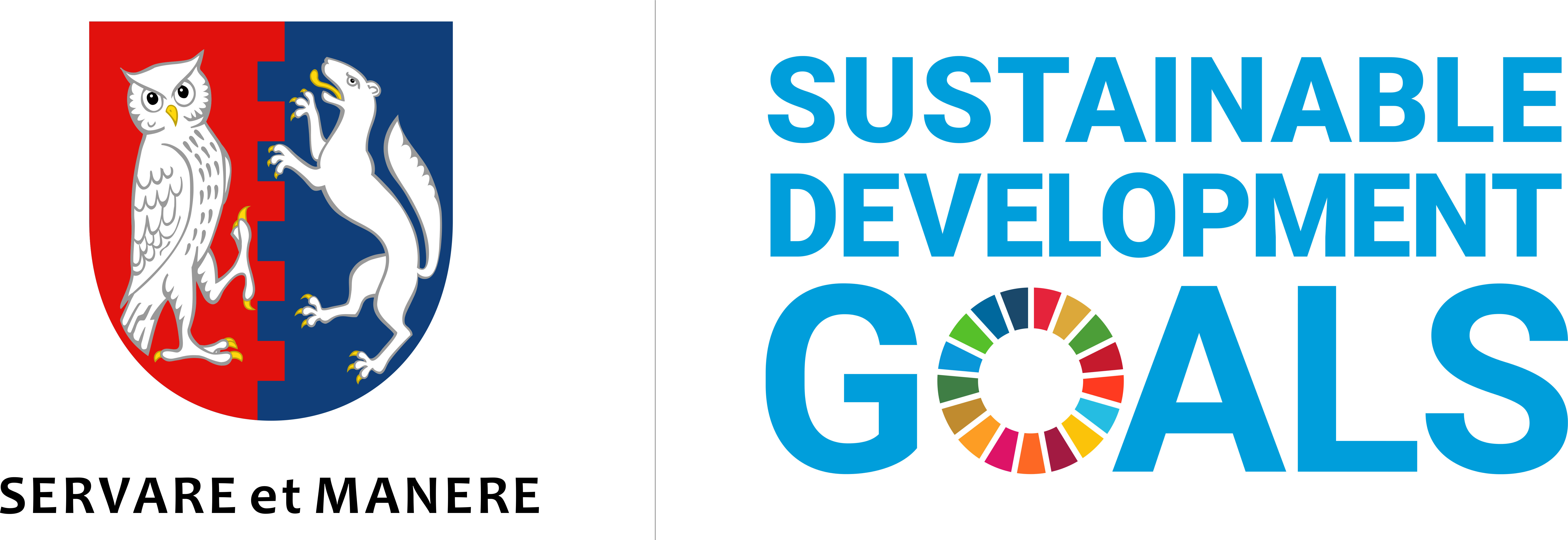
The International Committee of the Red Cross awarding
Servare et Manere is the only Slovak organization that has awarded the International Committee of the Red Cross. The Tree of Peace Memorial Plaque was taken over in the name of the organization by the President of the Red Cross with the assistance of Slovak diplomacy. The award was given to the Red Cross for exceptional merit and assistance in searching, managing and archiving data on war and civilian victims of war conflicts. The archive helps survivors to learn about the identity of their ancestors who fought in war conflicts, but also helps to search for their relatives who had to flee from war unrest or natural disasters. And this is one of the pillars of the Tree of Peace.
What are our goals?
The initiative is aimed at preserving the memory of the historical heritage, promoting the ideas of peace and friendship between nations and spreading the ecological message by planting trees as a basic symbol of peace and cultural diplomacy. The main goal of the project is to promote the message of peace and inter-religious dialogue as well as ideas of tolerance between civilizations, cultures and religions through ecologically friendly tree plantings.
Where would we like to continue the mission?
We would like to complete our mission by planting memorial trees in Africa, South America and the South Pacific region. Given Slovakia’s geographical location, we create rare and unusual relationships and friendships in Central Europe.
What is the future of the International Tree of Peace?
In two words: Peace Forest. Of course, the importance will be the conclusion of the main goal of the project – to spread friendship and understanding between nations on all continents through this European peace initiative. We no longer focus strictly on planting individual trees. The Tree of Peace is a brand intended for all those who love peace and want to enrich the beautiful planet Earth with more green areas. Therefore, let’s not hesitate, let’s unite in tolerance and understanding, and let’s plant not one tree, but a whole Forest of Peace!
TREES OF PEACE
PARTICIPATING COUNTRIES
PLANNED TREES
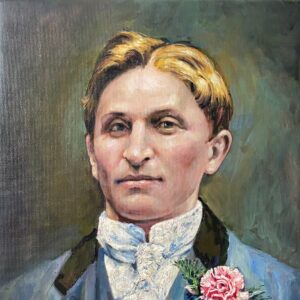
Ondrej Sobola
Ondrej Sobola, Andreas/András Szobola (*August 7, 1880 Lalinok, Austro-Hungarian Empire – † December 31, 1918 official date) was a soldier of Austro-Hungarian Army (German: Landstreitkräfte Österreich-Ungarns; Hungarian: Császári és Királyi Hadsereg). His death, in an unknown place during the First World War, inspired the Tree of Peace project. Ondrej was born in Lalinok into a farming family and the Sobola family have lived in Lalinok since the beginning of the 16th century. Ondrej Sobola was married to Jozefína Rapšíková in July 31, 1900 in Dlhé Pole and was taken into the army in 1901. Ondrej and his older brother Štefan travelled to the United States in around 1906 and their place of residence was the borough Clifton Heights in Delaware County, Pennsylvania. Ondrej returned to Lalinok between 1907 – 1910 and went back to the United States on November 30, 1910. Because of his stay in Pennsylvania he did not take part in the military manoeuvres in 1912. He definitely returned to Lalinok before 1914 and after the outbreak of the First World War he was enlisted in the 15th Military Infantry Regiment (Hungarian: 15. Népfelkelő gyalogezred ütközetei). Ondrej Sobola was missing from about 1915 on the Russian battlefield. In Czechoslovakia, he was officially pronounced dead in 1930, with the official date of death: December 31, 1918. Ondrej’s name was written on a Memorial dedicated to WWI victims from Lalinok village in the local cemetery on November 11, 2018. His portrait made by sculptor Michal Janiga based on the only preserved photo is also incorporated on the Memorial. You can also find Ondrej’s name on a Memorial pillar in the Emperor’s park of Kaiservilla in Bad Ischl, Austria.

